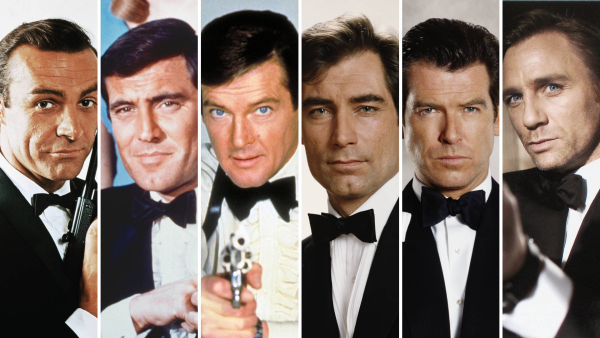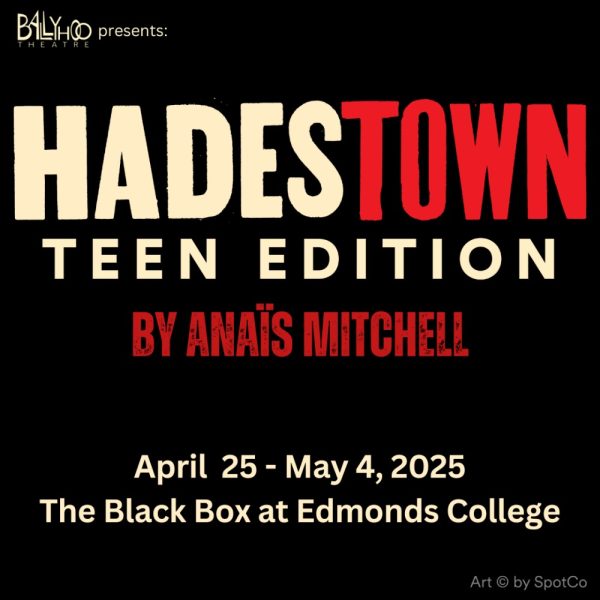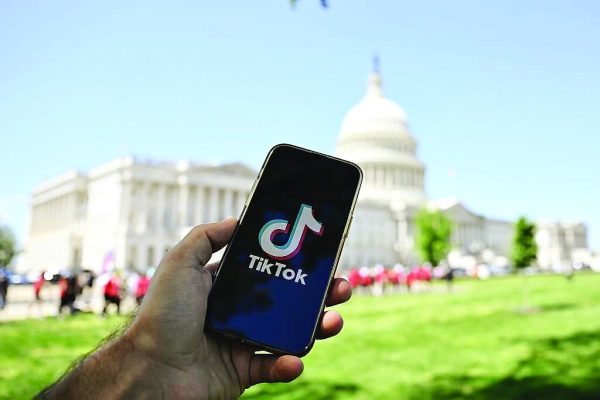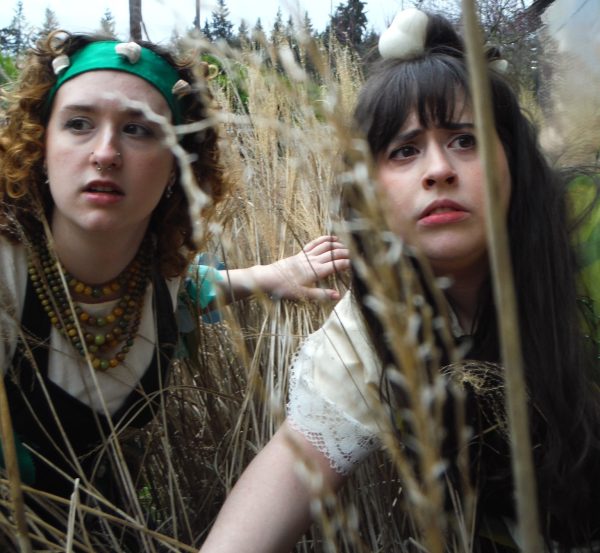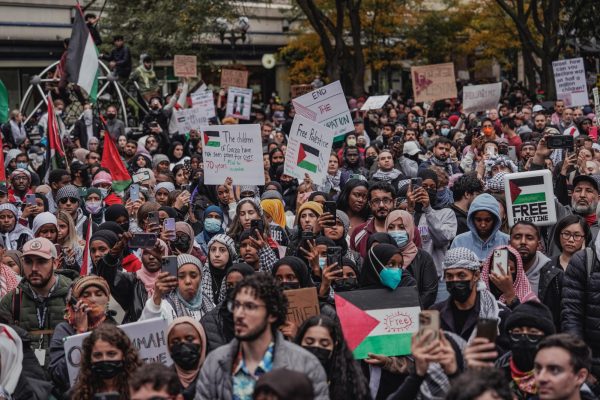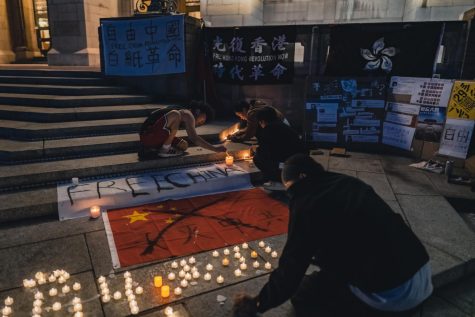More representation needed in the entertainment industry
Social media plays role in recent diversification, holds some accountable for wrongdoings
Fair representation in movies and TV has long been something the film industry has to work on. While films of the last decade or so have diversified somewhat, largely influenced by social media, there continues to be room for improvement.
White men continue to outnumber any other group involved in the film industry in all acting roles and technical positions. Movies are made to connect people, but not everyone can look at a screen and see someone that looks like them or has a similar background.
Social media has helped many groups find a voice. Over the past decade, filmmakers have seen a push for more minority groups to be included and represented accurately in entertainment. Movements started through social media have allowed minority groups to speak out about topics that impact them.
#MeToo and #BlackLivesMatter are just two of these movements. Thanks to platforms like Twitter, groups of people were able to come together to share their experiences and their pain. These things not only impacted the social climate, but also the narrative and direction of films and television.
In 2017, the #MeToo went viral. Numerous moguls of the film industry were exposed for wrongdoings they had committed. #MeToo highlights the gender and power imbalance in the entertainment industry that fosters rape culture, and allows sexual predators to hold positions of power over their victims.
The #BlackLivesMatter movement helped gain more momentum for justice. This movement gave an even stronger voice to the black community to stand against police brutality. Movies reflecting this time of violence and protest include BlackkKlansmen, The Hate U Give, Chi-Raq, Whose Streets? and Sorry to Bother You.
Going back in time to 1977, imagine a young boy walking into a movie theater and seeing Luke Skywalker and Han Solo save the day. This boy leaves the theater ecstatic because he has just witnessed two young men save the entire galaxy. Fast-forward to 1981 and another boy goes into the theater to see Indiana Jones merely escape traps, fight bad guys, and save the day. All this while having to deal with a “vengeful ex-girlfriend” (as Google likes to describe her). This time, a boy leaves the theater excited to see someone similar to him on-screen doing cool and dangerous stunts. White men have never had to struggle with fair representation.
Wonder Woman, released in 2017, gave women like me a similar feeling, one that many hadn’t felt before. Walking out of the theater when it was released, I felt like I could take on the world, but I knew that I had just felt a fraction of what men feel after they leave every other superhero and action movie..
Throughout movie history, women have been portrayed to advance male character arcs. Women have been dragged around, bossed around and over-sexualized. They have been characterized as weak, loud, emotional, hormonal, crazy, stupid and even ‘vengeful’. Thanks for that last one, Indiana Jones.
“Female representation in films can always be improved from the negative stereotypes that have been established about how women should behave, act, dress, etc.,” said college student Christina Gruenhagen.
Finding female characters that are complex and interesting has become increasingly more available to audiences in recent years. Recent shows with strong female leads include I’m Sorry, The Good Place, Dead to Me, Euphoria and The Crown.
Areas for filmmakers to improve upon are breaking female and male stereotypes. It’s okay to show men being vulnerable and expressing their emotions in healthy ways. It’s okay to show men taking care of themselves and putting effort into hygiene and de-stressing (facemasks and smelling nice are for everyone). It’s great to show women being tough and angry without male counterparts calling them emotional. It’s great to show women in positions of power making tough decisions.
A show that captures male vulnerability is The Good Place. In this show, Chidi, portrayed by William Jackson Harper, is very indecisive and anxious. When not struggling to make choices, he is a caring individual and is passionate about teaching.
Fair representation needs to accessible to everyone. People of color and people in the LGBTQ community need more screen time and a bigger presence in the film industry. Jackson High School student Keanna Martin wishes “they could cast more Filipinos”. People that are like her on TV include “someone who is multi-racial, or someone that is Filipino. I only really see Filipinos on the Filipino channel.”
Progress is being made, but it’s too slow. Hollywood has to pick up the pace. Thankfully, there is power in numbers. Thanks to the millions of voices speaking for justice and equality, more and more films and television continue to strive for inclusivity.

